The College of Liberal Arts and Sciences (CLAS) has announced six recipients of the 2015-2016 Collegiate Teaching Awards. The recipients, chosen by the College’s Teaching Awards Committee from nominations by students and colleagues, are Elana Buch (Anthropology), Matthew Gilchrist (Rhetoric), Mary High (Communication Studies), Brenda Leicht (Biology), Louis Messerle (Chemistry), and Landon Storrs (History). Two faculty members received honorable mentions: Freda Lynn (Sociology) and Waltraud Maierhofer (German).
"Each of these faculty members is an extraordinary teacher, and I am proud and delighted to recognize their excellence with the Collegiate Teaching Award," said CLAS Dean Chaden Djalali. "Teaching extends beyond classroom instruction—it includes advising, innovating in course development, mentoring in research, and other ways of being a positive role model in students' lives. I thank and congratulate these individuals for their commitment to our academic mission."
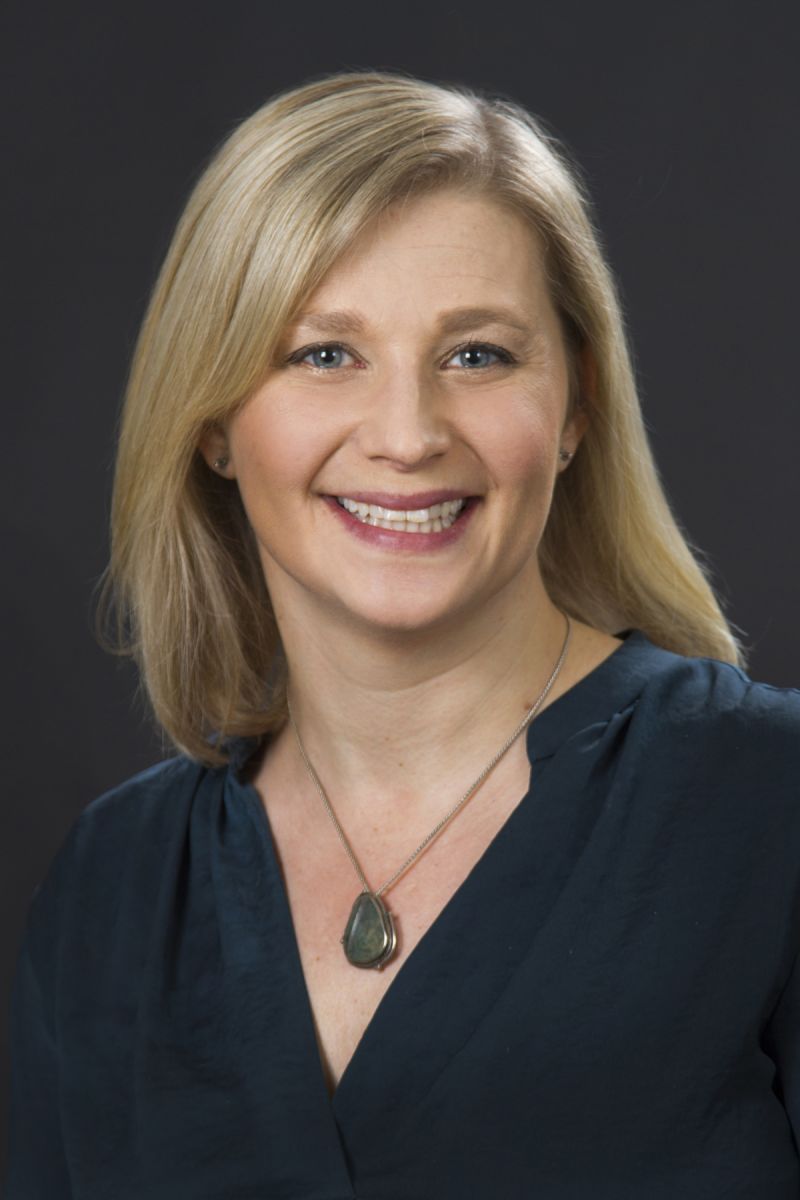 Elana Buch, Assistant Professor in the Department of Anthropology, teaches courses of all sizes and at all levels, from large General Education undergraduate lecture courses to intensive graduate field method training. In all of them, she seeks to develop in her students an “anthropological imagination” that pushes them to critically examine life from the profound to the mundane. With a research interest in caregiving and power in later life, she draws on medical anthropology, social work, and feminist anthropology, and seeks to teach skills that will allow students to have an impact on their communities. In 2013, 19 students in her introductory course “Anthropology and Contemporary World Problems” wrote op-eds that were designated as “Public Anthropology Award Winners” by the national Center for a Public Anthropology. Her students regard her as an inspiring and accessible teacher, with one first-generation undergraduate writing, “Dr. Buch created an open and comfortable atmosphere, prompting me to feel motivated to continue on a career path in anthropology. She helped me feel more confident.”
Elana Buch, Assistant Professor in the Department of Anthropology, teaches courses of all sizes and at all levels, from large General Education undergraduate lecture courses to intensive graduate field method training. In all of them, she seeks to develop in her students an “anthropological imagination” that pushes them to critically examine life from the profound to the mundane. With a research interest in caregiving and power in later life, she draws on medical anthropology, social work, and feminist anthropology, and seeks to teach skills that will allow students to have an impact on their communities. In 2013, 19 students in her introductory course “Anthropology and Contemporary World Problems” wrote op-eds that were designated as “Public Anthropology Award Winners” by the national Center for a Public Anthropology. Her students regard her as an inspiring and accessible teacher, with one first-generation undergraduate writing, “Dr. Buch created an open and comfortable atmosphere, prompting me to feel motivated to continue on a career path in anthropology. She helped me feel more confident.”
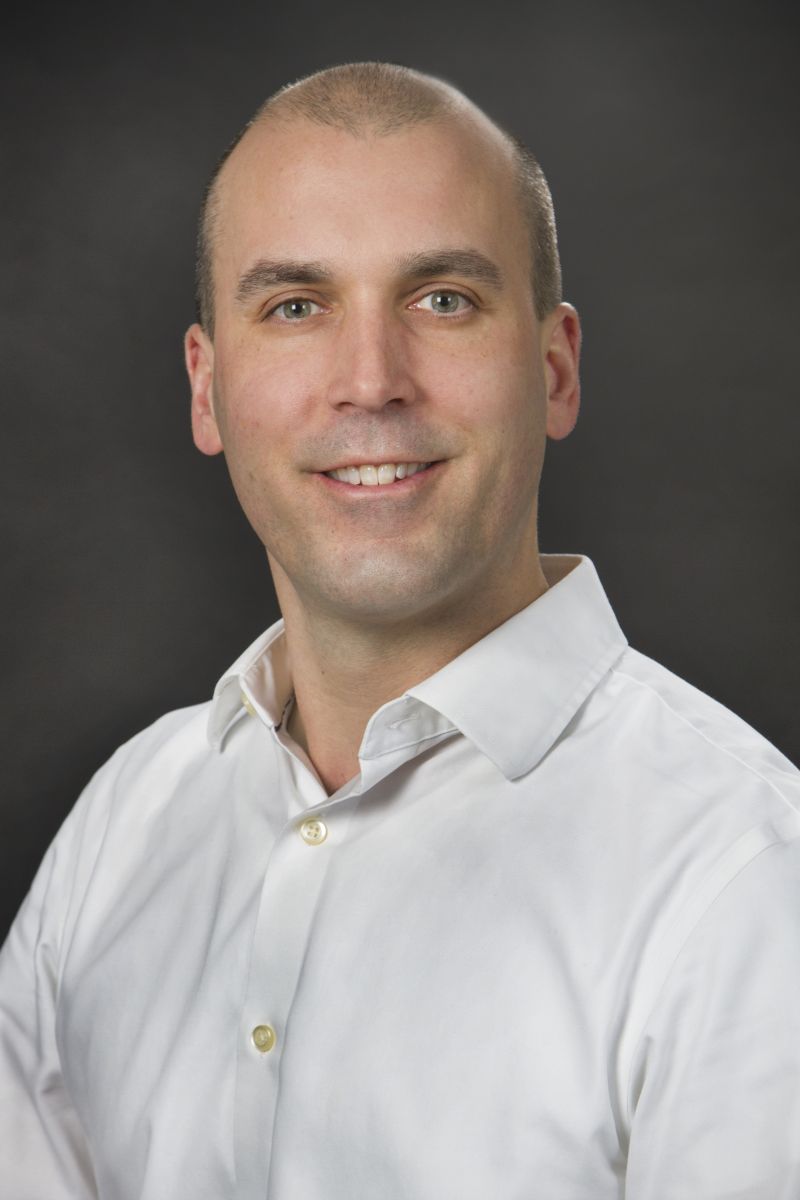 Matthew Gilchrist, Lecturer in the Department of Rhetoric, stands out not only for his classroom teaching, but also for his deep study of pedagogy. In his foundational rhetoric courses, he seeks to help students build on their own experiences and cultures as they develop the critical thinking, cultural analysis, and communication skills necessary for success in the University and as lifelong learners, with one student writing, “Professor Gilchrist strives constantly to push us students further. He takes the time to get to really know students and help them make the best use of their time at Iowa.” Among other innovative pedagogical initiatives, he developed the IDEAL project, which works with instructors to use digital technologies to help students develop community-engaged projects, and he is a core faculty member developing and teaching interdisciplinary Big Ideas courses. The former assistant director of the UI Writing Center, Gilchrist regularly presents on writing pedagogy at regional, national, and international conferences.
Matthew Gilchrist, Lecturer in the Department of Rhetoric, stands out not only for his classroom teaching, but also for his deep study of pedagogy. In his foundational rhetoric courses, he seeks to help students build on their own experiences and cultures as they develop the critical thinking, cultural analysis, and communication skills necessary for success in the University and as lifelong learners, with one student writing, “Professor Gilchrist strives constantly to push us students further. He takes the time to get to really know students and help them make the best use of their time at Iowa.” Among other innovative pedagogical initiatives, he developed the IDEAL project, which works with instructors to use digital technologies to help students develop community-engaged projects, and he is a core faculty member developing and teaching interdisciplinary Big Ideas courses. The former assistant director of the UI Writing Center, Gilchrist regularly presents on writing pedagogy at regional, national, and international conferences.
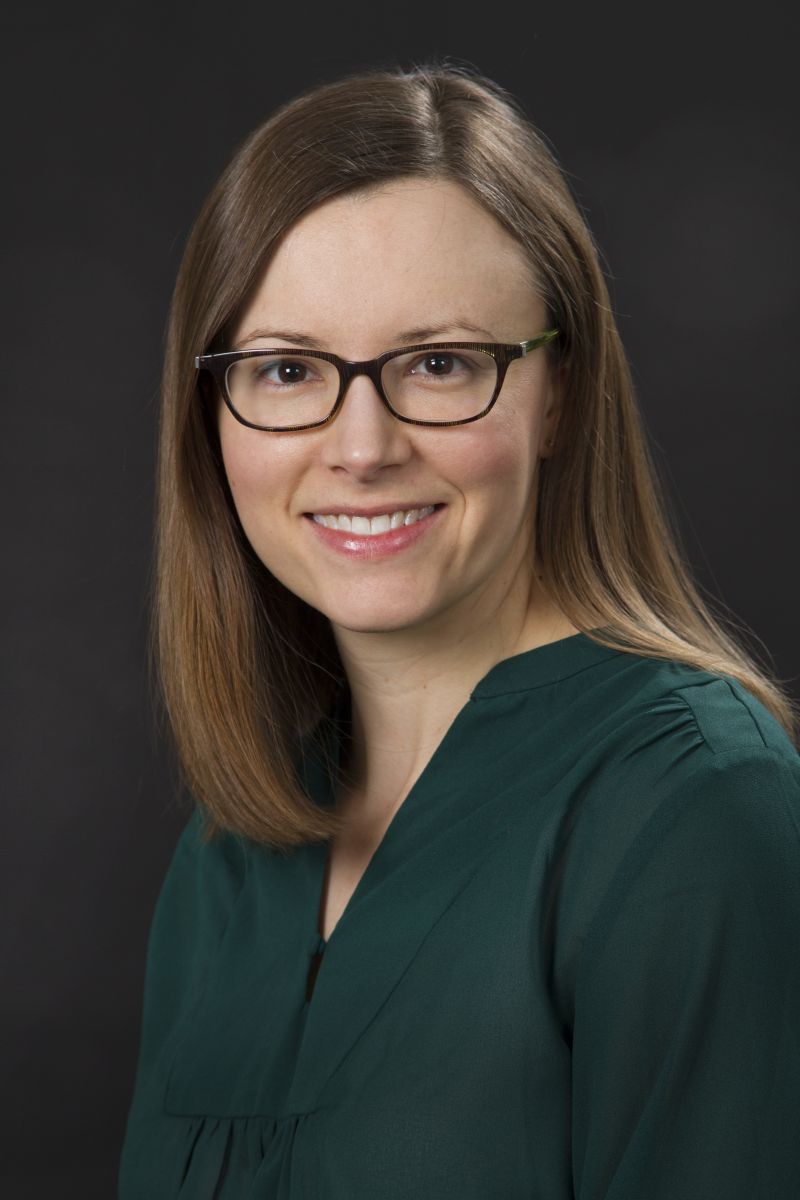 Mary High, Lecturer in the Department of Communication Studies, is regarded by students and colleagues alike as a caring and effective teacher who seeks to help students become independent thinkers, critical consumers of messages, effective communicators of their ideas, and lifelong learners. Her courses have included Organizational Communication, Business and Professional Communication, and Criticism and Public Culture. In addition, she has redesigned an online course related to students’ internships, and was a member of a campus-wide Center for Teaching committee focused on online education. The coordinator of the department’s internship program, she believes in connecting students' classroom learning with their daily lives. Her students praise not just the organization and expertise behind her teaching, but also her warmth and enthusiasm, as exemplified by this comment on a course evaluation: “I’m not sure I’ll remember all the things I’ve learned in this class five years from now, but I will always remember the genuine joy and happiness that you brought to every class and life.”
Mary High, Lecturer in the Department of Communication Studies, is regarded by students and colleagues alike as a caring and effective teacher who seeks to help students become independent thinkers, critical consumers of messages, effective communicators of their ideas, and lifelong learners. Her courses have included Organizational Communication, Business and Professional Communication, and Criticism and Public Culture. In addition, she has redesigned an online course related to students’ internships, and was a member of a campus-wide Center for Teaching committee focused on online education. The coordinator of the department’s internship program, she believes in connecting students' classroom learning with their daily lives. Her students praise not just the organization and expertise behind her teaching, but also her warmth and enthusiasm, as exemplified by this comment on a course evaluation: “I’m not sure I’ll remember all the things I’ve learned in this class five years from now, but I will always remember the genuine joy and happiness that you brought to every class and life.”
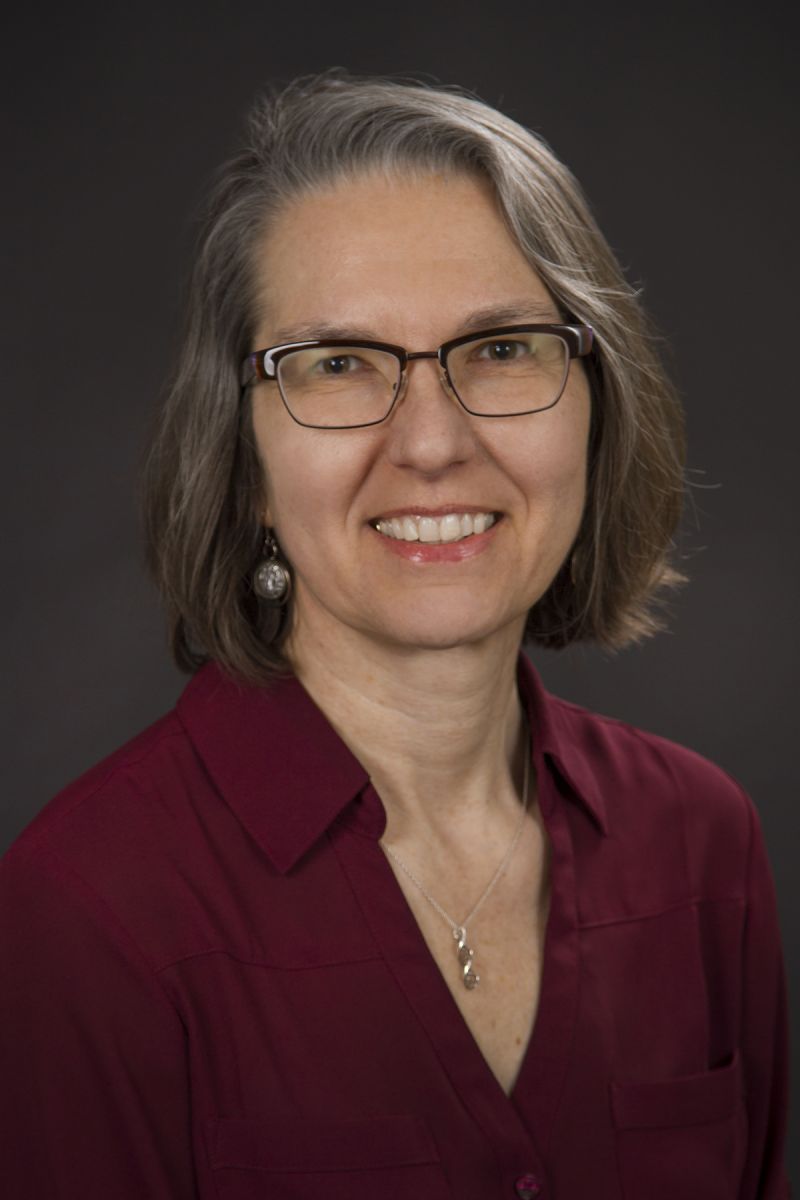 Brenda Leicht, Lecturer in the Department of Biology, has had great impact on all levels of students in her department, as well as on the curriculum that is taught. She teaches the introductory Foundations of Biology course and the Advanced Teaching Internship in Biology course, which trains graduate and undergraduate teaching assistants. She is a member of the department’s Curriculum Committee, and played an important role in reshaping Biology’s series of introductory courses. Leicht, an enthusiastic adopter of TILE classroom technology, regularly presents to national audiences about biology education at the UI, is co-author of the Foundations of Biology Laboratory Manual, and has published several papers on genetics in peer-reviewed journals. Her students regularly praise her accessibility, passion for her discipline, and student-centered approach to teaching, with one saying, “Dr. Leicht has helped me understand biological concepts and think critically, and has provided me with the skills necessary to go on to graduate school extremely well prepared.”
Brenda Leicht, Lecturer in the Department of Biology, has had great impact on all levels of students in her department, as well as on the curriculum that is taught. She teaches the introductory Foundations of Biology course and the Advanced Teaching Internship in Biology course, which trains graduate and undergraduate teaching assistants. She is a member of the department’s Curriculum Committee, and played an important role in reshaping Biology’s series of introductory courses. Leicht, an enthusiastic adopter of TILE classroom technology, regularly presents to national audiences about biology education at the UI, is co-author of the Foundations of Biology Laboratory Manual, and has published several papers on genetics in peer-reviewed journals. Her students regularly praise her accessibility, passion for her discipline, and student-centered approach to teaching, with one saying, “Dr. Leicht has helped me understand biological concepts and think critically, and has provided me with the skills necessary to go on to graduate school extremely well prepared.”
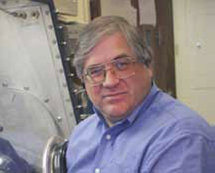 Louis Messerle is Associate Professor in the Department of Chemistry, with a secondary appointment in the Department of Radiology in the UI Carver College of Medicine. Knowing that chemistry can be a difficult subject for students at all levels, he seeks to establish warm, inviting, and informal classroom and lab settings, often with lecture demonstrations, that lower student anxiety. He took the lead in obtaining and maintaining the Department of Chemistry's interactive Periodic Table display case that has entertained and educated hundreds of students and visitors. He teaches first-year seminars, large lecture courses, and advanced laboratory classes, while also guiding research at the undergraduate and graduate levels and advising students on admission to graduate or medical school. A particularly innovative and popular first-year seminar he developed focuses on the ethics, science, and morality of weapons of mass destruction. In the advanced lab class, he introduced scientific glassblowing, techniques for manipulating air-sensitive compounds, and glove box use. As one student wrote, “Professor Messerle cares a lot about his students’ education and genuinely wants to help everyone succeed to their highest potential.”
Louis Messerle is Associate Professor in the Department of Chemistry, with a secondary appointment in the Department of Radiology in the UI Carver College of Medicine. Knowing that chemistry can be a difficult subject for students at all levels, he seeks to establish warm, inviting, and informal classroom and lab settings, often with lecture demonstrations, that lower student anxiety. He took the lead in obtaining and maintaining the Department of Chemistry's interactive Periodic Table display case that has entertained and educated hundreds of students and visitors. He teaches first-year seminars, large lecture courses, and advanced laboratory classes, while also guiding research at the undergraduate and graduate levels and advising students on admission to graduate or medical school. A particularly innovative and popular first-year seminar he developed focuses on the ethics, science, and morality of weapons of mass destruction. In the advanced lab class, he introduced scientific glassblowing, techniques for manipulating air-sensitive compounds, and glove box use. As one student wrote, “Professor Messerle cares a lot about his students’ education and genuinely wants to help everyone succeed to their highest potential.”
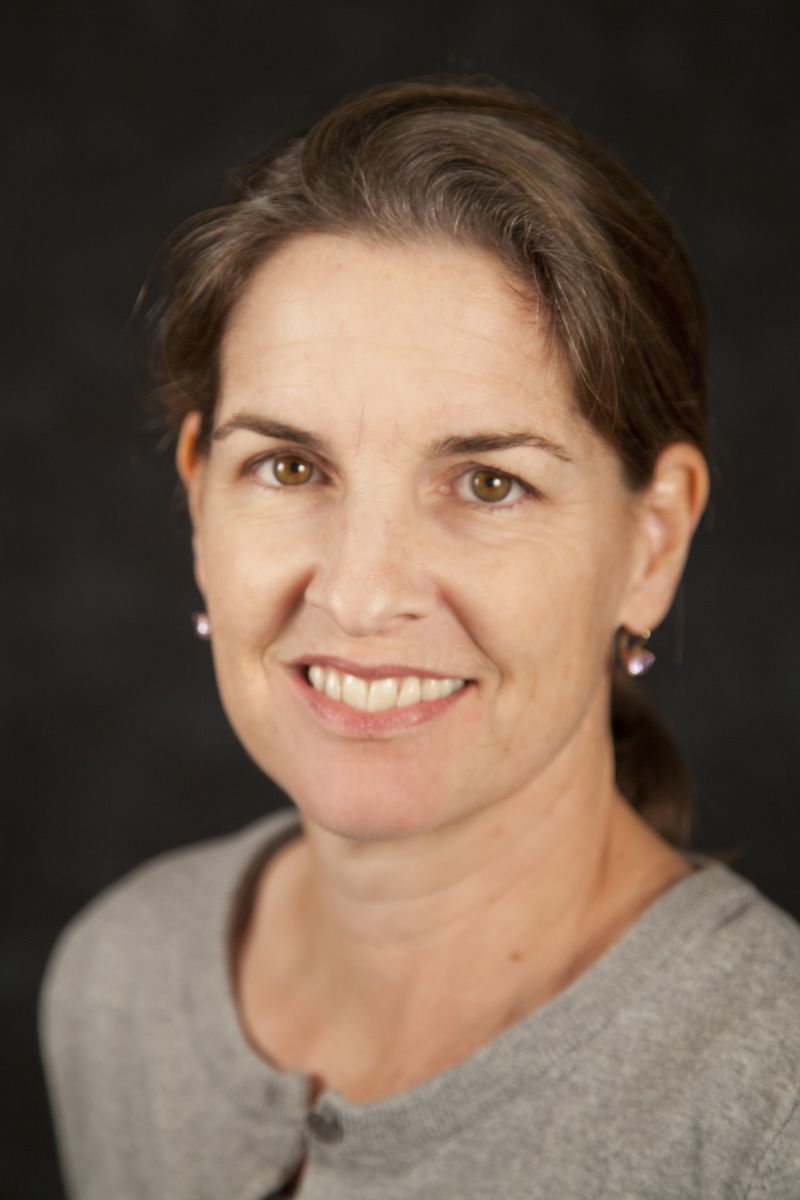 Landon Storrs holds the rank of Professor in the Department of History. With a specialty in 20th-century US social movements and women’s history, her expertise is in high demand from both undergraduate and graduate students. Since she joined the faculty in 2012, she has taught courses ranging from introductory surveys to graduate seminars, mentored students in independent study and research, and directed several doctoral dissertations. As History’s Director of Undergraduate Studies, she has been instrumental in revamping the department’s Undergraduate Handbook and in developing new General Education courses. At all levels, Storrs requires her students to engage with primary sources to arrive at evidence-based conclusions, and connects their understanding of the past to the present and future. As one student wrote on a course evaluation, “Professor Storrs is the best! You can tell that she really cares about her students.”
Landon Storrs holds the rank of Professor in the Department of History. With a specialty in 20th-century US social movements and women’s history, her expertise is in high demand from both undergraduate and graduate students. Since she joined the faculty in 2012, she has taught courses ranging from introductory surveys to graduate seminars, mentored students in independent study and research, and directed several doctoral dissertations. As History’s Director of Undergraduate Studies, she has been instrumental in revamping the department’s Undergraduate Handbook and in developing new General Education courses. At all levels, Storrs requires her students to engage with primary sources to arrive at evidence-based conclusions, and connects their understanding of the past to the present and future. As one student wrote on a course evaluation, “Professor Storrs is the best! You can tell that she really cares about her students.”